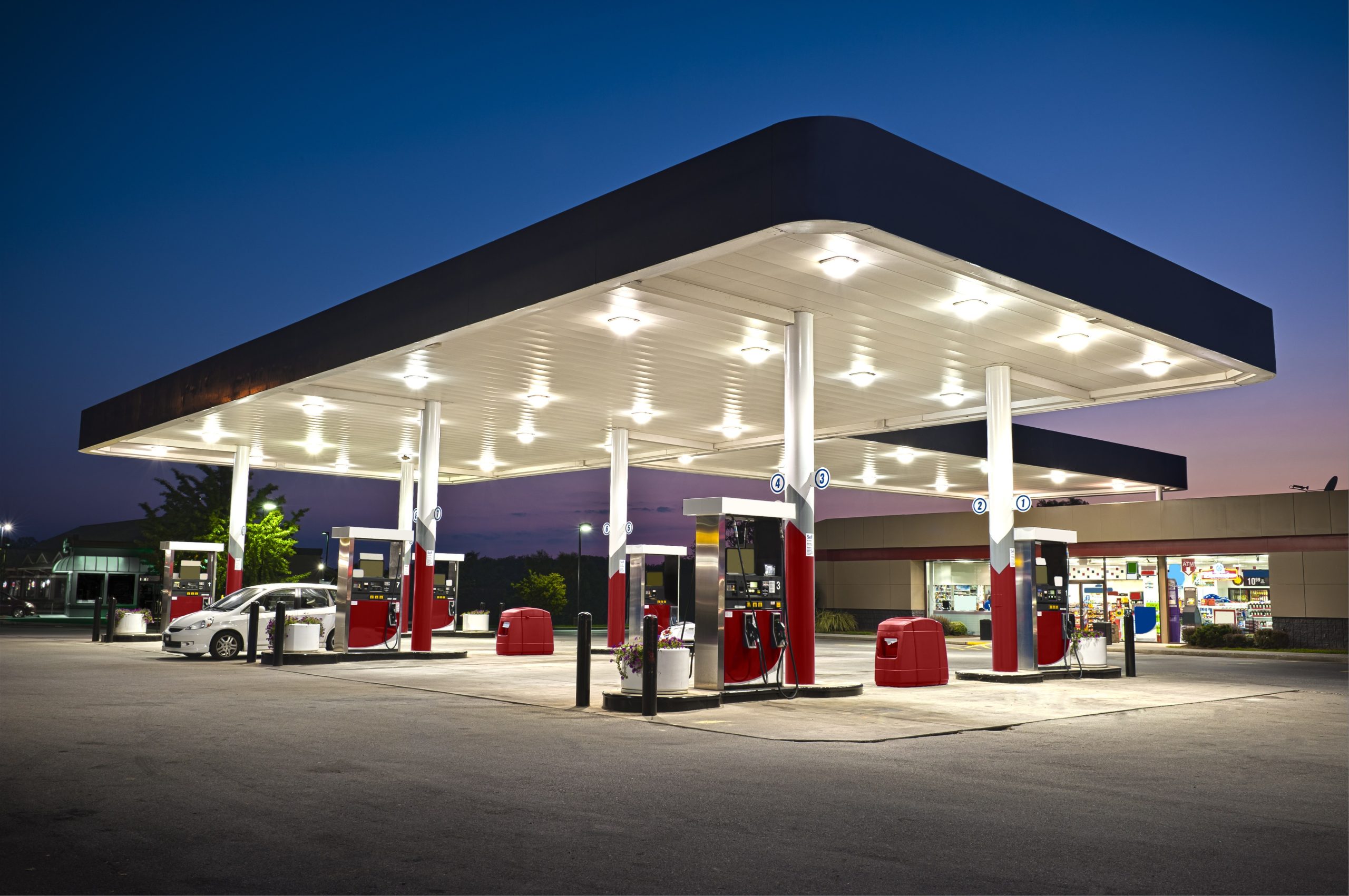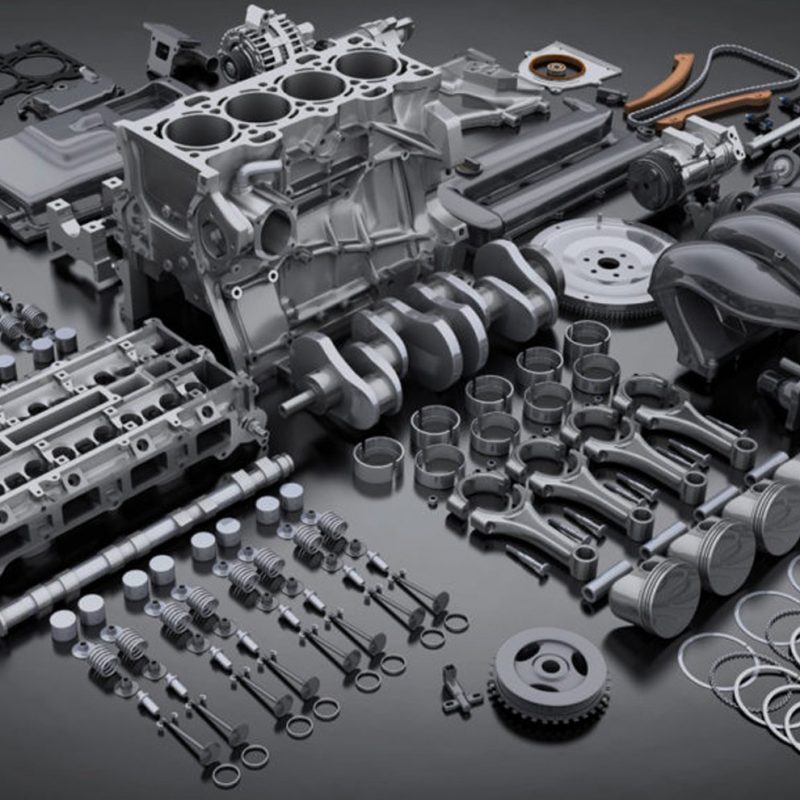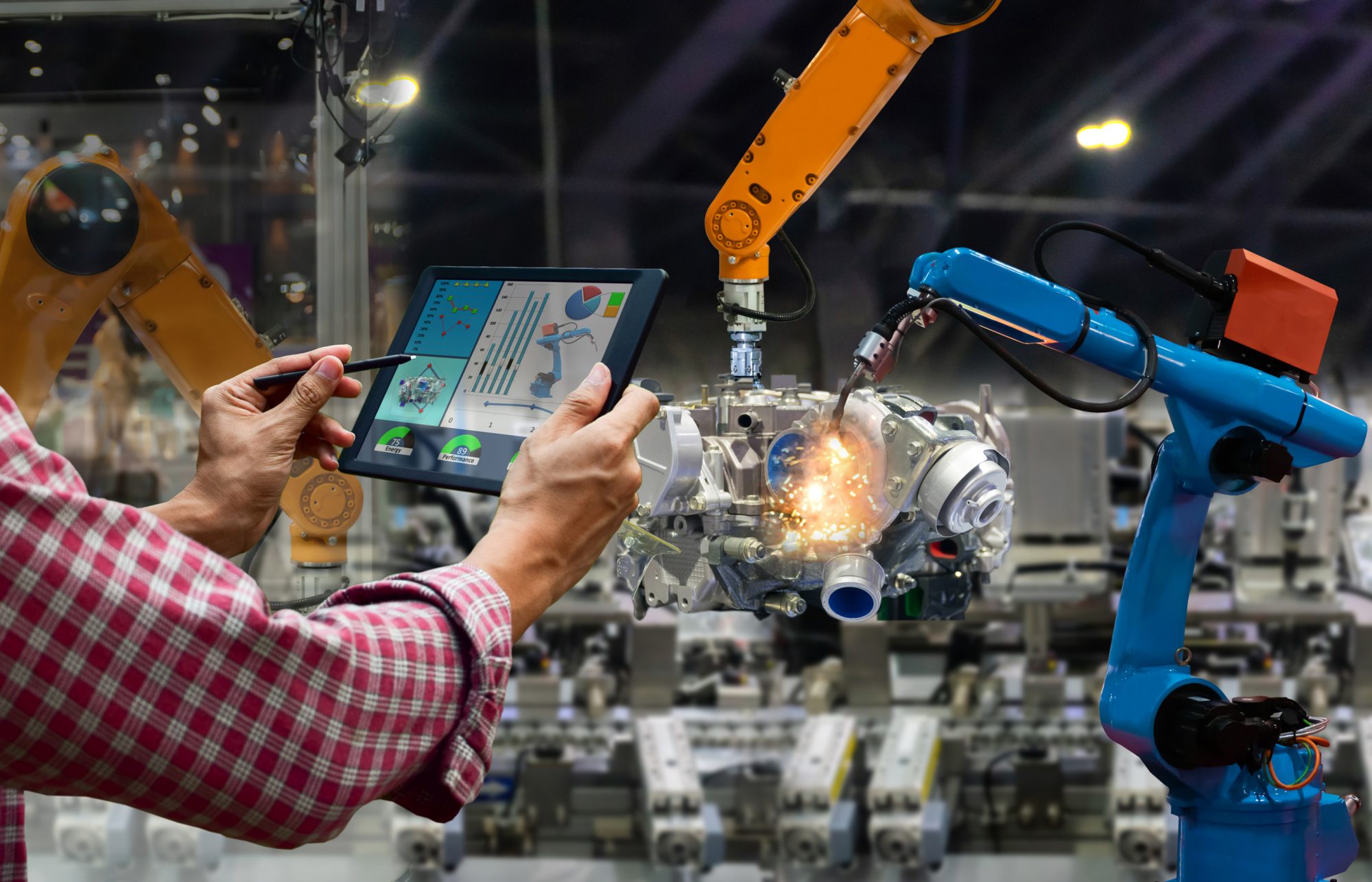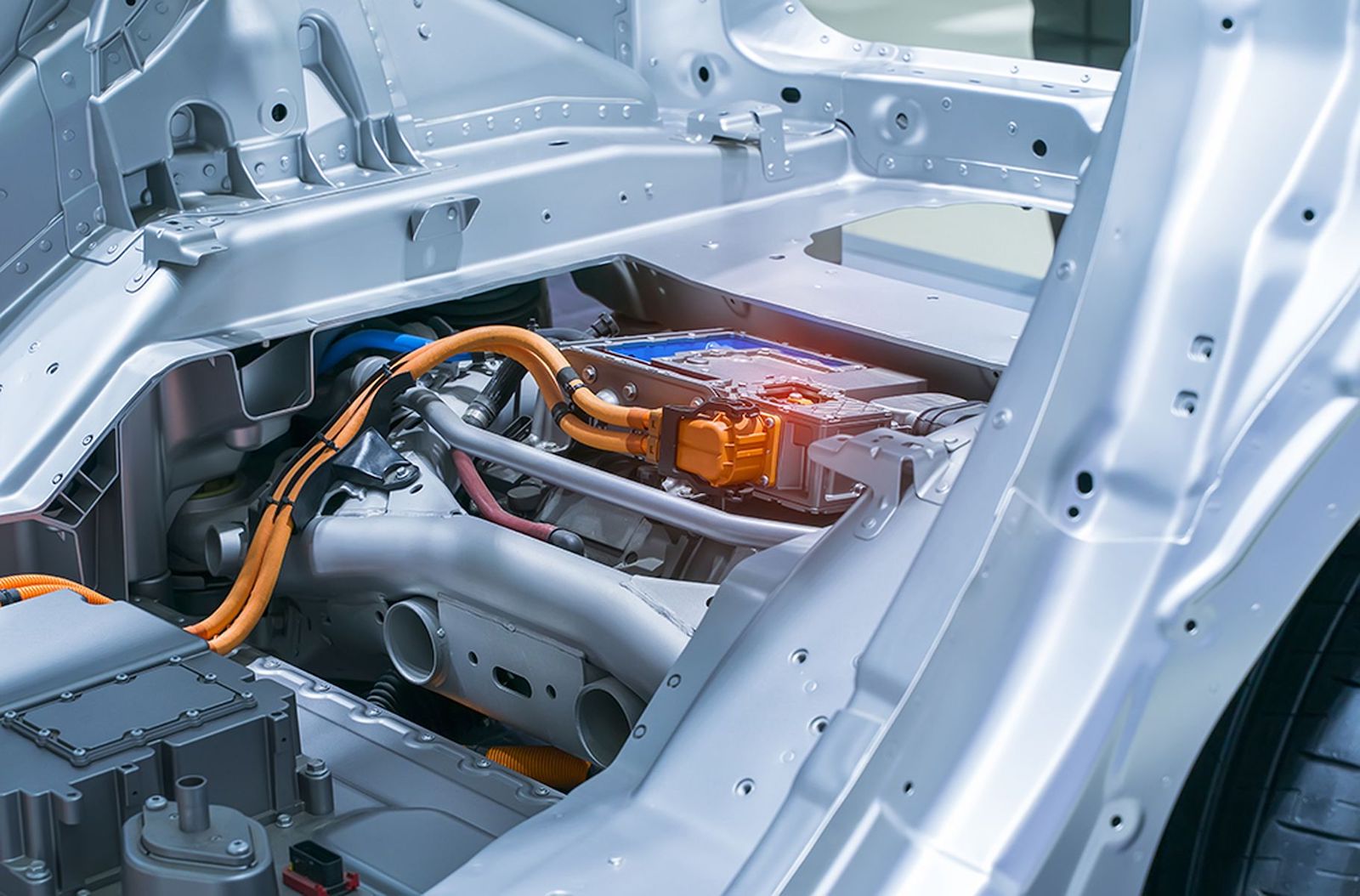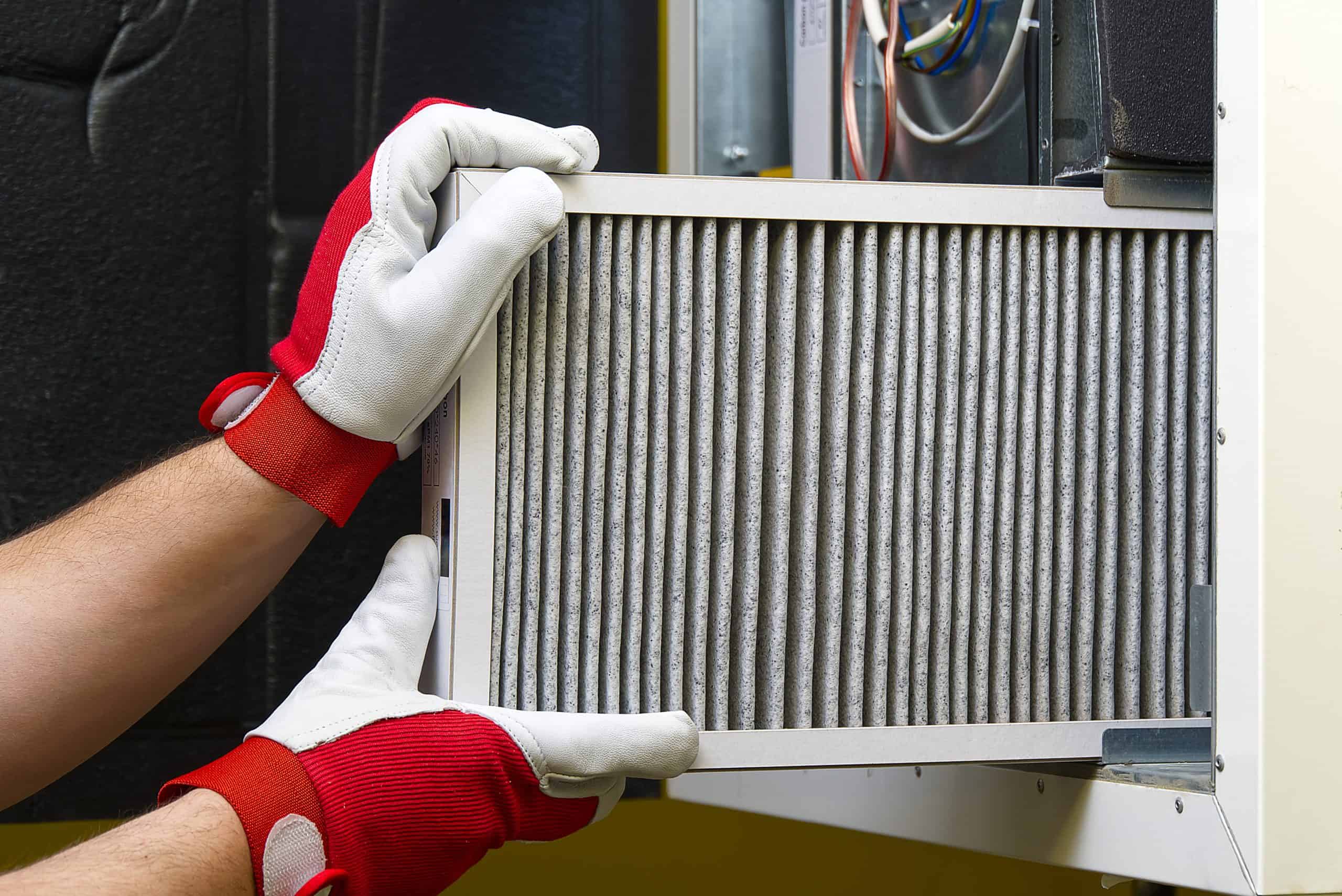The Pros and Cons of Owning a Traditional Gasoline-Powered Car
The Pros and Cons of Owning a Traditional Gasoline-Powered Car
The topic of this blog post is the pros and cons of owning a traditional gasoline-powered car. With the increasing popularity of electric and hybrid vehicles, it’s important to consider the benefits and drawbacks of sticking with a traditional gasoline-powered car.
The purpose of this blog post is to provide a comprehensive look at the advantages and disadvantages of owning a traditional gasoline-powered car. By reading this post, you will have a better understanding of whether or not a traditional gasoline-powered car is the right choice for you. We will consider the costs, environmental impact, and other factors that may influence your decision.
Pros of owning a traditional gasoline-powered car
One of the biggest advantages of owning a traditional gasoline-powered car is the wide availability of gasoline. Gas stations are found in nearly every city and town, making it easy to fuel up on the go. This is an important factor to consider, especially if you frequently travel long distances or to remote areas.
Another advantage of traditional gasoline-powered cars is their lower initial cost. While electric and hybrid vehicles are becoming more affordable, they are still generally more expensive than their gasoline-powered counterparts. For those on a budget, traditional gasoline-powered cars may be a more cost-effective option.
Traditional gasoline-powered cars are also generally easier to repair and maintain than electric or hybrid vehicles. With more complex technology in electric and hybrid cars, comes more complex repairs and maintenance.
Traditional gasoline-powered cars also offer more horsepower and torque than electric or hybrid vehicles, which makes them more capable for heavy-duty jobs such as towing and hauling. This can be an important consideration for those who need a vehicle for work or recreation.
Cons of owning a traditional gasoline-powered car
One of the biggest downsides to owning a traditional gasoline-powered car is the higher fuel costs. Gas prices can fluctuate greatly, and can put a strain on your budget. Additionally, electric and hybrid vehicles have the advantage of better fuel economy and lower cost per mile.
Another drawback of traditional gasoline-powered cars is their higher emissions and environmental impact. Gasoline-powered vehicles emit harmful pollutants into the air, and contribute to climate change. Electric and hybrid vehicles, on the other hand, produce significantly fewer emissions.
Traditional gasoline-powered cars also require more maintenance, such as regular oil changes and other routine servicing, than electric or hybrid vehicles. This can be more costly in the long run.
Conclusion
In summary, traditional gasoline-powered cars offer a number of pros such as wide availability of gasoline, lower initial cost, and more horsepower and torque. However, they also have cons such as higher fuel costs, higher emissions and environmental impact and more maintenance required.
After considering the pros and cons, it ultimately depends on your own personal needs and preferences as to whether or not a traditional gasoline-powered car is a good choice for you. It’s important to weigh all factors and do your research before making a decision.
For those who are considering a traditional gasoline-powered car, it’s important to research the models, compare prices, and consider fuel economy. Additionally, you may want to consider the resale value of the vehicle.
Ultimately, the choice of owning a traditional gasoline-powered car is a personal one, but it’s important to understand the benefits and drawbacks of this type of vehicle before making a decision.



